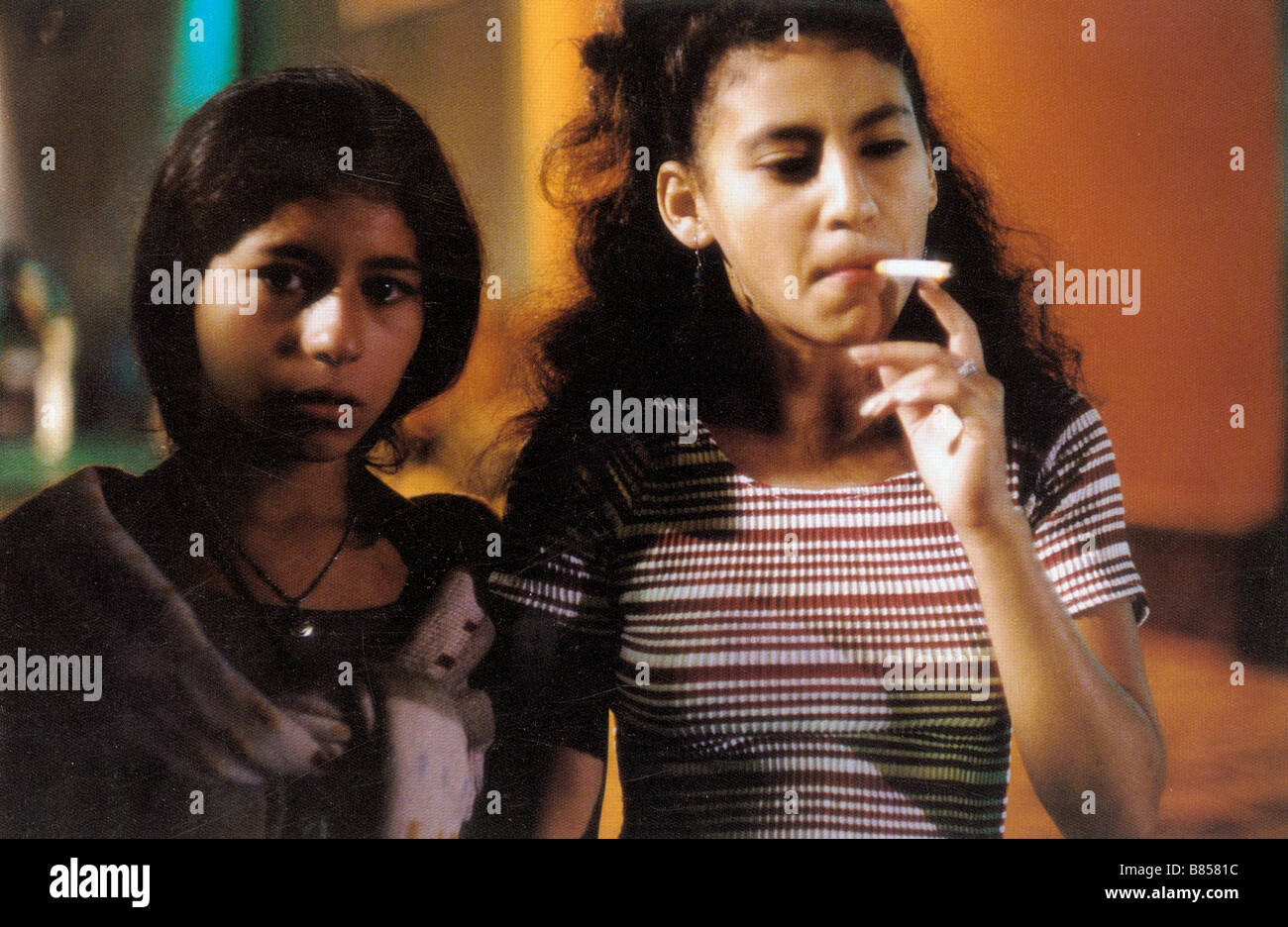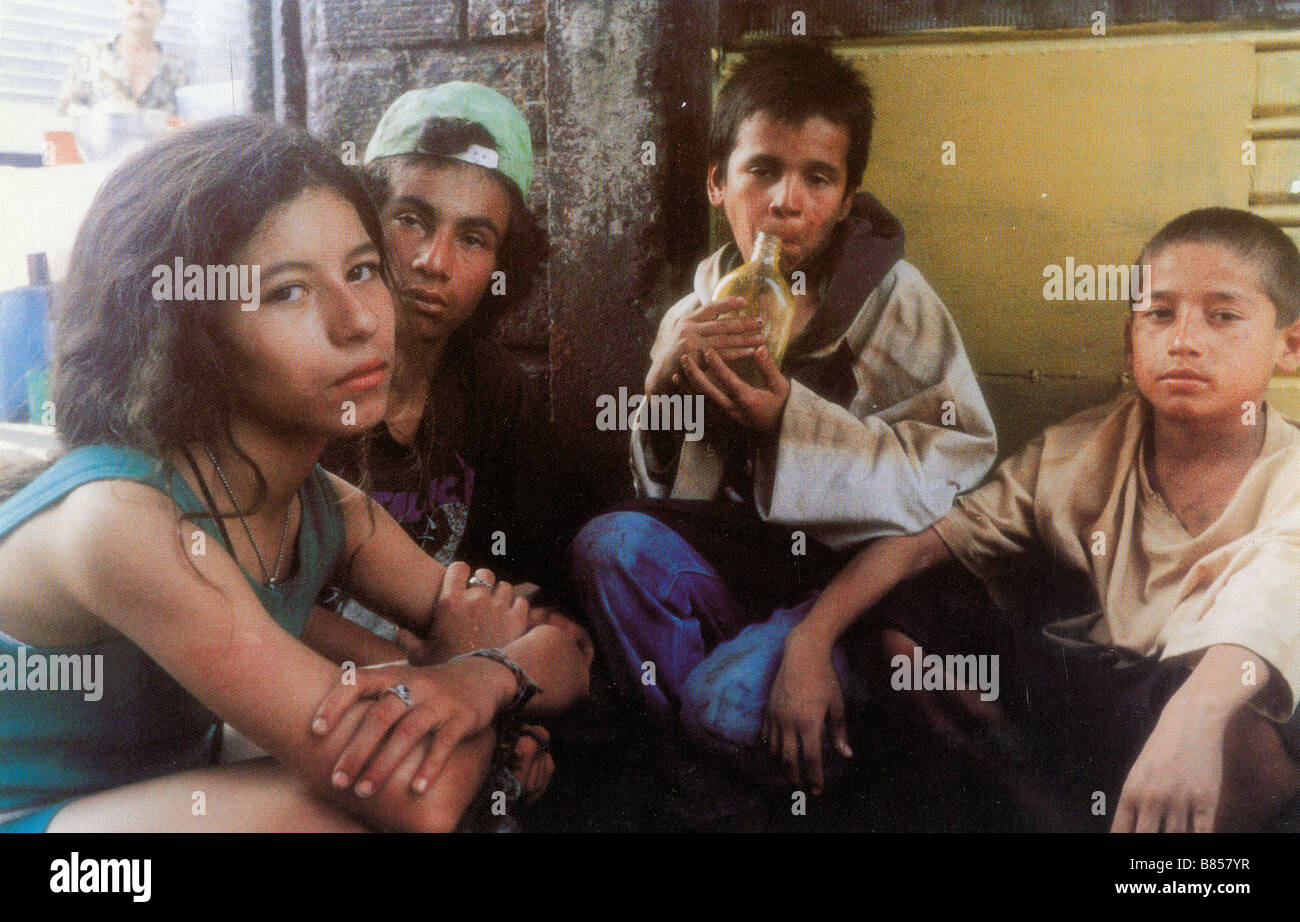Unveiling "Lady Tabares": A Journey Through Elegance, Etymology, And Enduring Influence
The name "Lady Tabares" evokes a sense of intrigue and timeless grace, inviting us to delve into the rich tapestry of what it truly means to be a 'lady'. While specific biographical details about an individual named Lady Tabares are not widely available in the general discourse, the very combination of "Lady" with a distinctive surname like "Tabares" serves as a powerful conceptual anchor. It prompts a fascinating exploration into the historical, linguistic, and cultural dimensions of the term 'lady' itself, examining how this ancient title continues to resonate and evolve in our modern world.
This article embarks on a comprehensive journey, dissecting the multifaceted meanings of 'lady' – from its noble origins and grammatical intricacies to its pervasive presence in literature, popular culture, and everyday language. By using "Lady Tabares" as our guiding motif, we aim to uncover the enduring qualities, societal expectations, and symbolic power encapsulated within this singular word, offering insights that transcend mere definition to touch upon identity, respect, and the very essence of feminine influence.
Table of Contents
- The Etymological Roots of "Lady": From "Milady" to Modern Usage
- Grammatical Nuances: Possessives and Pronouns
- "Lady" in Popular Culture and Figurative Language
- The Modern "Lady Tabares": Redefining Elegance and Influence
- The Enduring Legacy of "Lady": More Than Just a Title
- Why Understanding "Lady" Matters in Today's World
- The "Lady Tabares" Archetype: A Call to Inner Nobility
The Etymological Roots of "Lady": From "Milady" to Modern Usage
The word 'lady' carries with it centuries of history, evolving from a term signifying noble status to a more generalized, yet still respectful, form of address. Understanding its etymological journey is crucial to appreciating the layers of meaning associated with a name like "Lady Tabares."
Decoding "Milady": A Glimpse into Nobility
The formal and somewhat archaic term "milady" offers a direct window into the word's aristocratic past. As the linguistic data points out, "Milady (from my lady) is an English term of address to a noble woman." This directly positions 'lady' within a framework of social hierarchy and inherited status. It is, importantly, "the female form of milord," indicating a parallel structure of respect and deference afforded to individuals of high birth or rank. When we consider "Lady Tabares" through this historical lens, it immediately conjures images of dignity, inherited grace, and perhaps a lineage of distinction. The very title suggests a woman accustomed to respect, one whose presence commands a certain level of decorum and admiration. This historical weight contributes significantly to the aura surrounding any individual referred to as 'lady', suggesting not just gender but a specific quality of bearing and social standing.
The Binary of Gender: Lady as the Counterpart
Beyond nobility, the term 'lady' functions fundamentally within the binary understanding of gender. "Everyone understands that, in the binary, the opposite of 'man' is 'woman', and the opposite of 'gentleman' [is 'lady']." This simple linguistic pairing underscores 'lady' as the quintessential female counterpart to 'gentleman'. It's not just about biological sex but about a cultivated persona, a set of manners, and a societal role. The phrase "Gentlemen is to male as lady is to female" further solidifies this distinction, highlighting the term's role in defining gendered social roles and expectations. This is evident in common address forms: "Ladies and gentlemen is used to address the audience during a speech," acknowledging both genders with respect and formality. Similarly, "ladies and gents are used on the signs of public toilets for women and [men]," serving as a practical, universally understood marker of gender separation in public spaces. For "Lady Tabares," this means she is immediately positioned as the embodiment of feminine qualities, not just biologically, but culturally and socially. She represents the female ideal within this traditional framework, embodying the grace, composure, and perhaps even the subtle power associated with the 'lady' archetype.
Grammatical Nuances: Possessives and Pronouns
The English language, with its subtle rules and conventions, further shapes our understanding and reference to a 'lady'. The way we use possessives and pronouns, as highlighted in the provided data, reveals much about precision in language and how we attribute ownership or identity to an individual like "Lady Tabares."
Singular vs. Plural: The Lady's and Ladies'
The distinction between singular and plural possessives, while seemingly minor, is fundamental to clear communication. "The plural possessive is ladies'. lady is singular, so if you were referring solely to one woman's shoes, it would be the lady's shoes." This rule is not just about grammar; it's about specificity. When we speak of "the lady's shoes," we are pinpointing an item belonging to a single, identifiable woman. This level of precision is vital when discussing an individual, even a conceptual one like "Lady Tabares." It allows us to attribute specific qualities, possessions, or actions directly to her, distinguishing her from a collective. For instance, one might speak of "Lady Tabares's wisdom" or "the impact of Lady Tabares's influence," clearly assigning these attributes to her unique persona, rather than to a general group of women. This grammatical clarity helps to solidify her distinct identity within the broader concept of 'lady'.
The Art of Reference: "That is the lady..."
The nuances of referring to someone, especially a 'lady', are further illuminated by the example: "That is the lady [which / that / who / whom / (none of these)] i told you about, I failed this test question when i used none of the options, saying, That is the lady i told you about, This seems rather a poor act of." This particular example, drawn from a common grammatical pitfall, highlights the importance of choosing the correct relative pronoun to accurately and respectfully refer to a person. The preference for "who" or "whom" when referring to people, as opposed to "which" or "that" for objects, underscores the human element. The phrase "That is the lady I told you about" (with the pronoun omitted) is grammatically acceptable and often used in informal speech, but the emphasis on choosing the right pronoun in formal contexts reflects a deeper respect for the individual being referenced. When we refer to "Lady Tabares," the way we phrase our sentences, the pronouns we choose, and the overall structure of our communication subtly convey our respect and understanding of her role or identity. It's about precision not just for correctness, but for conveying the appropriate tone and reverence.
"Lady" in Popular Culture and Figurative Language
Beyond its formal definitions and grammatical rules, the term 'lady' permeates popular culture, literature, and everyday idioms, often taking on metaphorical or symbolic meanings that enrich its complexity. These varied uses contribute to the broad cultural understanding that shapes our perception of a figure like "Lady Tabares."
The Musical Muse: Lady Gaga and the "Sine from Above"
The contemporary pop icon Lady Gaga offers a fascinating example of how the term 'lady' is embraced and redefined in modern culture. Her stage name itself, a playful nod to Queen's "Radio Ga Ga," is paired with "Lady," suggesting a persona that is both grand and unconventional. The provided data mentions, "In lady gaga's song featuring elton john sine from above, she sang that she has heard a sine from the sky, Sine is defined as the very famous mathematical function in." This reference is particularly intriguing. While 'sine' is a mathematical function, in the context of the song, it transcends its literal meaning to become a metaphor for a divine or transcendent signal. Lady Gaga, as a "Lady," is portrayed as someone attuned to these higher frequencies, a muse or a conduit for inspiration. This illustrates how the 'lady' archetype can be associated with creativity, vision, and even a mystical connection to the sublime. For "Lady Tabares," this suggests that her 'lady' status might not only imply traditional elegance but also a unique perspective, an artistic sensibility, or an ability to perceive truths beyond the ordinary, much like Lady Gaga's metaphorical "sine from the sky."
Literary Echoes: From Shakespeare to Proverbs
The literary and proverbial landscape is rich with diverse portrayals of 'lady', showcasing the term's adaptability and varied connotations. From the formidable to the romantic, these examples provide a deeper context for understanding the multifaceted nature of a "Lady Tabares."
- Lady Macbeth's Ambition: "Even when lady macbeth says, And take my milk for gall, that would definitely support the literal humorism theory, but i still don't understand how we get from milk to blood." Lady Macbeth, a powerful and terrifying figure in Shakespeare's play, challenges traditional notions of femininity. Her desire to replace "milk for gall" (nurturing with bitterness) and her metaphorical connection to "blood" highlight a 'lady' who embodies ruthless ambition and a rejection of conventional softness. This shows that 'lady' is not always synonymous with gentleness; it can also denote immense power, determination, and even a darker, more complex inner world. A "Lady Tabares" could, therefore, be perceived as a woman of formidable will and strategic mind, capable of great influence, much like her Shakespearean predecessor.
- "Faint Heart Never Won Fair Lady": This classic proverb, mentioned as being heard "for the third time in very short span," speaks to the romantic and aspirational aspect of the 'lady'. It suggests that a 'fair lady' is a prize, one that requires courage and boldness to win. This usage connects 'lady' with beauty, desirability, and the pursuit of love. It evokes a sense of chivalry and the idea that a 'lady' is worthy of effort and devotion. In this context, "Lady Tabares" could be seen as an object of admiration, someone whose affection or regard must be earned through valiant effort, embodying the timeless allure of the 'fair lady'.
- "My Old Lady": The colloquial phrase, "Well, my old lady! said he [kerslake, a lieutenant in the british navy], the top of the morning to you!—the old lady," presents a stark contrast to the noble and romantic connotations. Here, "my old lady" is an informal, often affectionate, term for one's wife or partner. It strips away the formality and grandeur, revealing a more intimate, everyday usage of the word. This demonstrates the broad spectrum of 'lady' – from the highly formal "milady" to the casual "my old lady." This range suggests that while "Lady Tabares" might carry an air of sophistication, the term 'lady' itself can also be rooted in everyday companionship and familiar affection, grounding her in relatable human experience despite her elevated title.
The Modern "Lady Tabares": Redefining Elegance and Influence
In contemporary society, the concept of a 'lady' has undergone significant evolution. While the historical connotations of nobility and strict etiquette still linger, the modern "Lady Tabares" would likely embody a blend of traditional grace and contemporary empowerment. She is not merely a figure of passive beauty or inherited status; she is a woman of substance, agency, and influence, navigating a world that values both tradition and innovation.
A modern "Lady Tabares" would embody the essence of E-E-A-T (Expertise, Authoritativeness, Trustworthiness) in her personal and professional life. Her "expertise" might lie in a particular field, perhaps in philanthropy, arts, business, or community leadership, where she demonstrates profound knowledge and skill. Her "authoritativeness" would stem not just from a title, but from her actions, her informed opinions, and her ability to lead and inspire. She would be a voice of reason and insight, respected for her contributions. Crucially, her "trustworthiness" would be paramount, built on integrity, consistency, and a genuine commitment to ethical conduct. This modern 'lady' is someone whose word is her bond, and whose actions align with her values.
Furthermore, the "Lady Tabares" of today would understand that elegance is not solely about outward appearance but about inner strength, composure under pressure, and a compassionate spirit. She would be a woman who uplifts others, advocates for important causes, and uses her influence for positive change. She might bridge cultural divides, drawing on a global perspective while retaining a deep appreciation for her roots. Her influence would extend beyond formal circles, touching the lives of those around her through mentorship, charity, or simply by setting an inspiring example. She would demonstrate that being a 'lady' in the 21st century means embodying resilience, intellect, and a profound sense of purpose, challenging and expanding the historical definitions to fit a dynamic world.
The Enduring Legacy of "Lady": More Than Just a Title
The journey through the etymology, grammar, and cultural manifestations of the word 'lady' reveals a concept far richer and more enduring than a mere descriptor. It is a term steeped in history, reflecting societal structures, gender roles, and evolving ideals of femininity. From the aristocratic "milady" to the intimate "my old lady," and from the formidable Lady Macbeth to the inspiring Lady Gaga, the term has adapted, absorbed new meanings, and continued to resonate across centuries.
The legacy of 'lady' is its remarkable capacity to convey a spectrum of qualities: nobility, grace, strength, beauty, respect, and even a touch of mystery. It encapsulates the ideal of a woman who carries herself with dignity, possesses inner fortitude, and commands respect through her character and actions. "Lady Tabares," as a symbolic figure, serves as a powerful reminder of this enduring legacy. She represents the synthesis of these historical and contemporary attributes, embodying the timeless essence of what it means to be a woman of distinction and influence. Her name, therefore, becomes a shorthand for a complex set of virtues and expectations, a beacon of refined womanhood that continues to inspire and define.
Why Understanding "Lady" Matters in Today's World
In an era of rapid social change and evolving gender dynamics, understanding the nuanced meaning of 'lady' remains highly relevant. It's not about adhering to outdated social strictures but about appreciating the depth of language and the cultural values it embodies. For the general public, comprehending the historical and contemporary uses of 'lady' offers several key benefits:
- Enhanced Communication: Knowing the appropriate contexts for using 'lady' – whether formally in "ladies and gentlemen" or informally as "my old lady" – improves clarity and respect in communication.
- Cultural Literacy: Recognizing the term's presence in literature (like Lady Macbeth) and proverbs ("faint heart never won fair lady") enriches one's understanding of cultural heritage and storytelling.
- Appreciation of Etiquette: While formal titles may be less common, the underlying principles of respect and courtesy that 'lady' implies remain valuable in social interactions.
- Understanding Gender Roles: Examining how 'lady' has been defined helps in understanding the historical construction of gender roles and how they have evolved, fostering a more informed perspective on contemporary discussions about gender identity and equality.
- Personal Development: For many, the concept of a 'lady' still signifies qualities like grace, composure, and kindness. Understanding these ideals can inspire personal growth and the cultivation of positive character traits.
Thus, exploring the meaning of 'lady' through the lens of "Lady Tabares" is not an academic exercise but a practical step towards greater linguistic precision, cultural awareness, and a deeper appreciation for the complex tapestry of human identity and interaction.
The "Lady Tabares" Archetype: A Call to Inner Nobility
While a specific biography for "Lady Tabares" from the provided data remains elusive, her name, as a conceptual construct, serves as a powerful archetype. She embodies the synthesis of historical reverence and modern relevance, transcending a mere title to represent a set of aspirational qualities. The "Lady Tabares" archetype is a call to inner nobility, suggesting that the true essence of a 'lady' lies not in external trappings or inherited status, but in cultivated character, unwavering integrity, and a profound sense of self-respect and respect for others.
This archetype encourages individuals to consider what it means to carry oneself with dignity, to speak with purpose, and to act with grace. It challenges us to look beyond superficial appearances and recognize the deeper qualities that define a truly influential and admirable woman. The "Lady Tabares" archetype is a reminder that while times change and definitions evolve, the core values of honor, compassion, and strength remain timeless, inviting each of us to embody these virtues in our own lives, shaping our personal narrative with the elegance and impact suggested by her name.
Conclusion
Our journey into the world of "Lady Tabares" has been less about a single individual and more about a profound exploration of a word that carries immense historical, linguistic, and cultural weight. From its aristocratic origins in "milady" to its fundamental role in defining gender binaries, and from its nuanced grammatical applications to its vibrant presence in pop culture and classic literature, the term 'lady' is a testament to the richness and adaptability of language. "Lady Tabares" serves as a captivating symbol, embodying the enduring qualities of elegance, influence, and the multifaceted nature of femininity.
Understanding the layers of meaning embedded in 'lady' allows us to appreciate the subtle ways language shapes our perceptions, influences our interactions, and reflects societal values. It reminds us that a 'lady' is not just a title, but a complex identity, capable of embodying both traditional grace and modern strength. We hope this exploration has deepened your appreciation for this timeless word and the conceptual figure of "Lady Tabares." What does the term 'lady' mean to you in today's world? Share your thoughts in the comments below, and feel free to explore other articles on our site that delve into the fascinating world of language and its cultural impact.

Lady Tabares La Vendedora De Rosas Every Noticias Lgb - vrogue.co

La Vendedora de rosas Year : 1998 - Colombia Director : Víctor Gaviria

La Vendedora de rosas Year : 1998 - Colombia Director : Víctor Gaviria